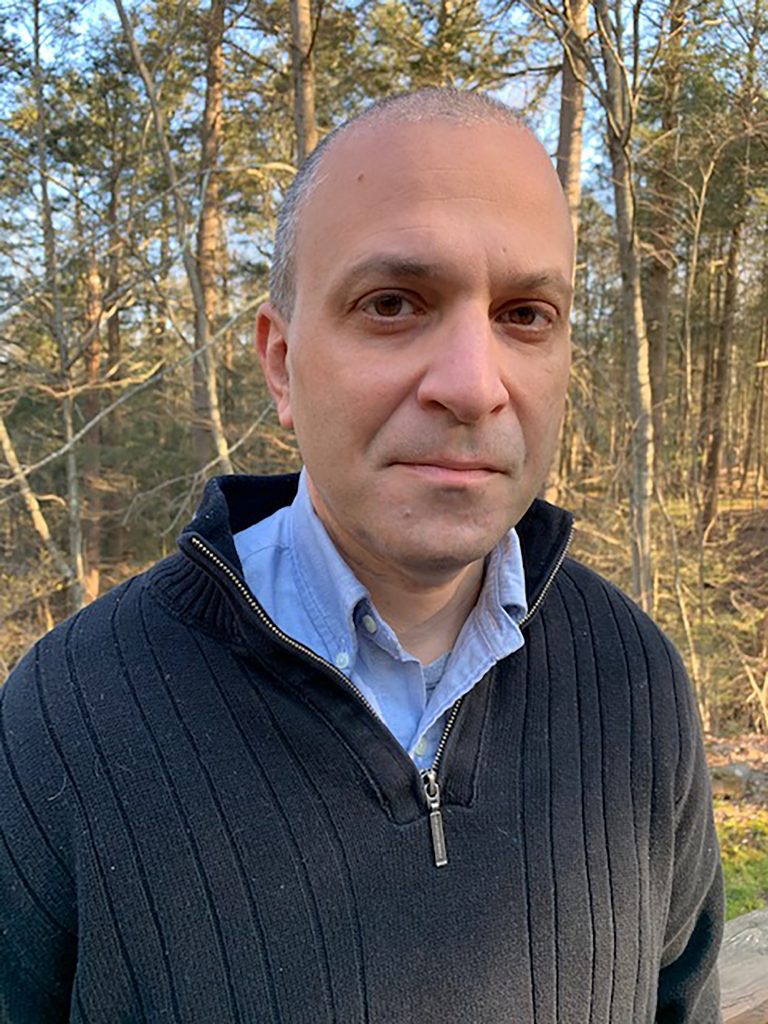WE SEE IT ALL: LIBERTY AND JUSTICE IN THE AGE OF PERPETUAL SURVEILLANCE
Jon Fasman
Scribe Publication

“1984” is arriving soon.
George Orwell’s best-selling novel (written in 1948) was based on an all-seeing Big Brother controlling society and a compliant population beaten into submission. Individualism has disappeared, and everyone is managed and controlled.
Jon Fasman, a journalist with the UK’s Economist based in the US, has produced a deeply troubling book about the technology of social control. Most people in western countries have no idea of the full surveillance technology being deployed apparently to make them safe.
This year is the 20th anniversary of the terrorist attacks on New York (“9/11”: September 11 2001). Our civil liberties were already under threat before then but the erosion has accelerated even more so. There is now a “policing-industrial complex” based on combatting terrorism – and a lot more. A lot of people have made a career out of making other people feel unsafe so that they will support this new industrial complex. There is a lot of money to be made out of surveillance.
As Fasman asks: “How much state surveillance are you willing to tolerate for improved public safety?” This is not a question that gets much public debate in the mass media, where there is a headlong rush to support more and more of it to “make us safe”. Fasman is hoping that people will use this book to initiate that type of debate.
In the UK the potential controversy over this technology was hosed down quickly by what happened surrounding the 1993 murder of Jamie Bulger. The shopping centre’s various closed circuit TV monitors picked up Robert Thompson and Jon Venables escorting the poor infant out of the complex on his way to the murder site. Ironically a number of adults heard his screams for help but ignored them – technology helped tracked down the murderers much better than adults. Since then it has been difficult to maintain a long-term discussion of the pros and cons of the new technology.
Here are some of the US technologies reviewed by Fasman. ALPR: Automatic License Place Readers are mounted on police cars. (In NSW there is an update each morning – so that ALPRs, rather than police officers, identify unregistered or otherwise suspicious cars).
Body cameras and mobile phone cameras give police and citizens new ways of looking at each other. Drones enable authorities to hover unseen over key locations monitoring and recording what is going on.
Facial recognition technology is a growth area. It is becoming more accurate as time goes by. Similarly US door bells that enable the resident to see who is at the door without opening it, also carry out a 24 hour monitoring of the street outside the home.
To conclude, in popular entertainment we see the advantages of this technology. In the “police procedural” Vera, based on a senior police offer in the north of England, in each instalment she routinely calls on this technology. What websites have been visited? Where were credit cards used? What camera footage (both official and unofficial) such as car dash-cams, is available? Within 90 minutes the apparently baffling crime is solved.
On the other hand, China is an extreme example of what additionally you can do with this technology. Each citizen has a “social credit” which is affected by their daily actions. Their banks accounts, computers and street facial technology are all linked back to the central calculator. Are they buying diapers (a sign of looking after children)? They get extra points. Are they spending too much time watching video porn? They lose points. Then when they, for example, wish to travel long distance their social credit score will determine whether they are eligible to buy a ticket. A poor social credit score will ban the travel. Prospective marriage partners are interested in the other’s social credit score – you don’t want to contaminate your own good score by marrying a loser.
The future has arrived first in China. When does it reach Australia?
Dr Keith Suter
Global Directions think tank
